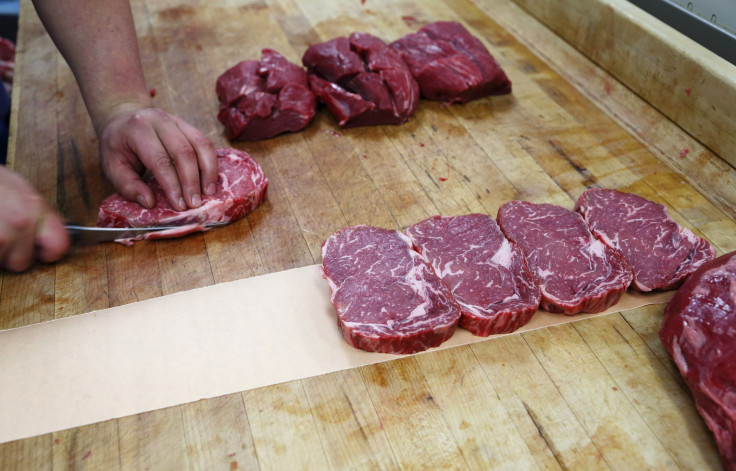Canada, Mexico Seek Over $3 Billion In Sanctions Against US Over Meat Import Laws

Canada and Mexico said Thursday that they will seek authorization from the World Trade Organization (WTO) to impose sanctions collectively worth over $3 billion against United States exports, alleging that the latter's meat labeling laws are protectionist.
A 2002 U.S. law strictly requires the country-of-origin-labeling (COOL) on meat, identifying where the livestock was born, raised and slaughtered before being sold in the U.S. Ottawa and Mexico accuse the U.S. of following protectionist trade practices that discriminate against the meat exported by the former. In May, the WTO’s appellate body upheld an earlier 2014 ruling, which had called COOL rules illegal, overturning an appeal from Washington.
“The Appellate Body concluded that the least costly way of complying with the COOL measure was to rely exclusively on domestic livestock, creating an incentive for US producers to use exclusively domestic livestock and thus causing a detrimental impact on the competitive opportunities of imported livestock,” the trade authority said in its latest ruling.
However, the U.S. has continued its COOL requirements illegally, the two countries allege. They are seeking authorization from the global trade body to slap retaliatory sanctions against it. The Canadian livestock industry says that COOL rules have collectively cost it over $900 million.
The Canadian government said that in response to Washington’s lack of regard for the WTO ruling, which it called "final and without the possibility of further appeal," it would seek to add tariffs of up to 100 percent on U.S. imports including fruits, vegetables, grains, jewelry, liquor and furniture, Canadian broadcaster CBC reported.
"Despite the WTO's final ruling that U.S. country of origin labeling measures are discriminatory, the United States continues to avoid its international trade obligations," Canada's Trade Minister Ed Fast said in a Thursday statement. “Our government will now move ahead under the WTO process and seek authorization for over $3 billion in retaliation."
Mexico is also seeking punitive sanctions against the U.S. worth $653 million. "The governments of Mexico and Canada will keep working closely to resolve this important commercial dispute with the United States, with an aim to defend our farmers and breeders and maintain jobs and economic prosperity in all of North America," Mexico’s economy ministry said in a statement, according to Reuters.
The law’s proponents argue that the measure is designed to protect consumers and insist they have a right to know where their food comes from. Washington, D.C.-based consumer group Food & Water Watch had condemned the 2014 ruling that declared COOL illegal, and said it could threaten American meat consumers.
“The WTO’s continued assault against commonsense food labels is just another example of how corporate-controlled trade policy undermines the basic protections that U.S. consumers deserve,” Food & Water Watch Executive Director Wenonah Hauter said in October last year. “The United States should appeal the ruling and continue to fight for sensible consumer safeguards at the supermarket.”
© Copyright IBTimes 2025. All rights reserved.





















